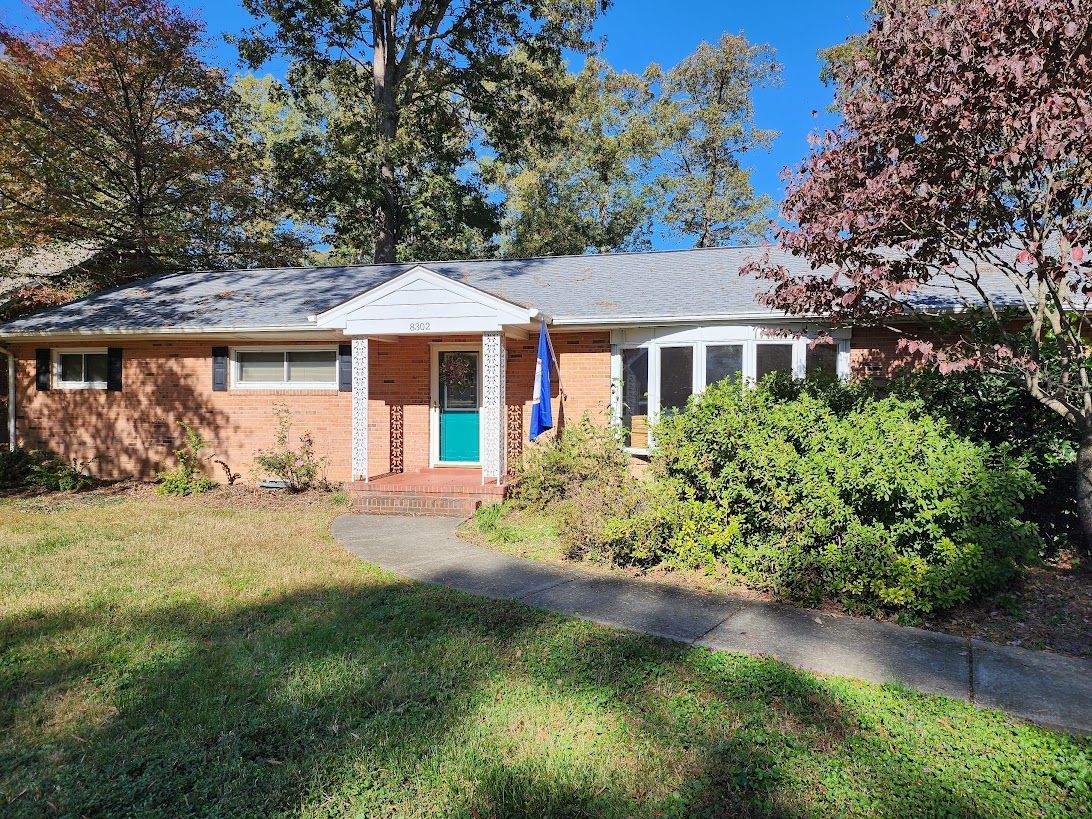Understanding the Closing Process When Selling Your Home
Closing Process and its Many Fees When Selling Your House

Selling your home can be an exciting yet complex process, especially when it comes to the closing stage. Understanding the closing process is crucial for homeowners looking to sell their properties efficiently and effectively. In this comprehensive guide, we'll delve into the intricacies of the closing process, focusing particularly on the main costs involved. Whether you're a first-time seller or seasoned homeowner in Richmond, VA, this article will provide valuable insights into navigating the closing process with confidence.
Introduction to the Closing Process
The closing process, also known as settlement or escrow, is the final step in the real estate transaction where ownership of the property is transferred from the seller to the buyer. It involves various legal, financial, and administrative procedures that must be completed before the sale is finalized. Understanding each stage of the closing process is essential for sellers to avoid unexpected expenses and delays.
Preparing for Closing
Before reaching the closing table, sellers must undertake several preparatory steps to ensure a smooth transaction. These may include:
- Gathering Documentation: Sellers should compile essential documents, such as the property deed, title insurance policy, mortgage payoff statement, and any relevant disclosures.
- Home Inspection and Repairs: Addressing any issues identified during the home inspection is crucial to prevent surprises during closing. Sellers may need to make repairs or provide credits to the buyer to satisfy inspection contingencies.
- Clearing Liens and Encumbrances: Sellers must ensure that there are no outstanding liens or encumbrances on the property that could impede the sale. This may involve paying off existing mortgages, property taxes, or other debts.
- Finalizing Negotiations: Any negotiated repairs, credits, or concessions should be agreed upon by both parties and documented in the purchase agreement or addendums.
Understanding Closing Costs
Closing costs are expenses incurred by both the buyer and seller during the real estate transaction. While buyers typically bear the brunt of closing costs, sellers are also responsible for certain fees and charges. Here are the main costs sellers can expect during the closing process:
1. Real Estate Commissions
One of the most significant expenses for sellers is the real estate commission, which is typically a percentage of the final sale price. This commission compensates the listing agent and the buyer's agent for their services in marketing the property, facilitating negotiations, and overseeing the transaction. In Richmond, VA, real estate commissions typically range from 5% to 6% of the sale price, although this can vary based on factors such as market conditions and the brokerage agreement.
2. Title Insurance
Title insurance protects both the buyer and the lender against any defects or discrepancies in the property's title. While the buyer typically purchases lender's title insurance to safeguard the mortgage lender's interests, sellers are often required to pay for owner's title insurance to protect the buyer's ownership rights. The cost of title insurance can vary depending on the property's value and the title insurance provider.
3. Transfer Taxes
In Richmond, VA, sellers are responsible for paying transfer taxes, also known as conveyance taxes, upon transferring ownership of the property. Transfer taxes are typically calculated based on the sale price or assessed value of the property and are paid to the local government authority. The exact rate of transfer taxes varies by location but is generally around 1% to 2% of the sale price.
4. Attorney Fees
While not always required, many sellers choose to hire a real estate attorney to oversee the closing process and ensure that all legal requirements are met. Attorney fees vary depending on the complexity of the transaction and the attorney's hourly rate or flat fee structure. Having legal representation can provide sellers with peace of mind and protection against potential legal issues.
5. Prorated Property Taxes and HOA Fees
Sellers are responsible for paying their share of property taxes and homeowners association (HOA) fees up to the closing date. These expenses are typically prorated based on the number of days each party owns the property during the tax or billing period. Sellers should consult their closing agent or attorney to calculate the exact amount of prorated taxes and HOA fees owed at closing.
6. Mortgage Payoff and Prepayment Penalties
If the seller has an existing mortgage on the property, they must pay off the remaining balance, including any accrued interest, at closing. Some mortgage lenders may impose prepayment penalties for paying off the loan before the designated term expires. Sellers should review their mortgage agreement and consult with their lender to determine if any prepayment penalties apply and factor these costs into their closing budget.
7. Escrow and Recording Fees
Escrow and recording fees cover the administrative costs associated with transferring ownership of the property and recording the deed and other legal documents with the appropriate government authorities. These fees are typically paid by the seller and may vary depending on the escrow company or title agency chosen to handle the closing.
Tips for Minimizing Closing Costs
While closing costs are an inevitable part of selling a home, there are several strategies sellers can employ to minimize expenses and maximize their net proceeds:
- Negotiate Commission Rates: Before listing their property, sellers can negotiate lower commission rates with their listing agent or explore alternative pricing structures, such as flat fees or discounted commissions.
- Shop Around for Services: Sellers should obtain quotes from multiple service providers, such as title companies, attorneys, and escrow agents, to compare costs and find the most competitive rates.
- Consider For Sale By Owner (FSBO): By selling their home without the assistance of a real estate agent, sellers can avoid paying commission fees altogether. However, FSBO transactions require careful planning and preparation to navigate the complexities of the selling process independently.
- Complete Repairs and Maintenance: Addressing minor repairs and maintenance issues before listing the property can increase its marketability and potentially justify a higher sale price, offsetting some of the closing costs.
- Review Closing Documents Carefully: Sellers should carefully review all closing documents, including the settlement statement (HUD-1 or Closing Disclosure), to ensure accuracy and identify any errors or discrepancies that could result in overcharges.
Conclusion
Navigating the closing process when selling a home requires careful planning, attention to detail, and an understanding of the associated costs. By familiarizing themselves with the steps involved in closing and being proactive in managing expenses, sellers can streamline the transaction and achieve a successful outcome. Whether you're selling your first home or downsizing to a smaller property in Richmond, VA, We Buy Houses RVA is here to guide you through every stage of the selling process and ensure a seamless closing experience. Contact us today to learn more about our cash buying services and how we can help you sell your home quickly and hassle-free.
Disclaimer: The information provided in this article is for informational purposes only and should not be construed as legal, financial, or professional advice. Sellers are encouraged to consult with qualified professionals, such as real estate agents, attorneys, and tax advisors, to address their specific needs and circumstances.
You might also like
Blog





